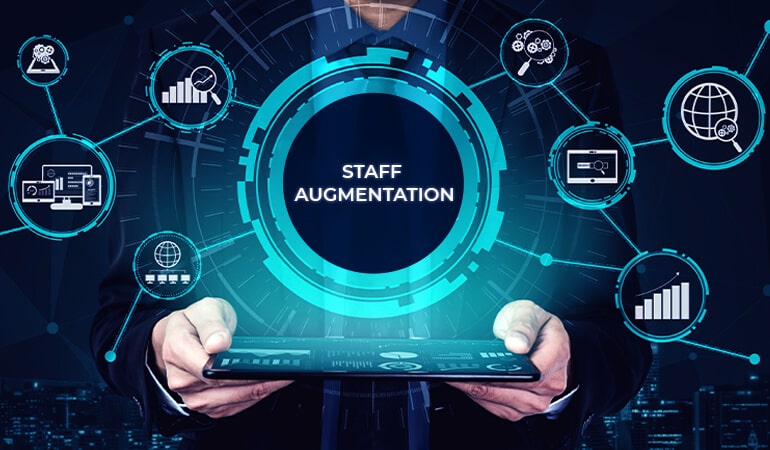Why High Ticket Closing Has Become One of the Most Valuable Sales Skills Today
In today’s fast-paced digital economy, high ticket closing has become one of the most sought-after skills. Unlike traditional sales that focus on low to mid-priced products, high ticket closing deals with premium offers, often ranging from thousands to tens of thousands of dollars. Businesses, coaches, and entrepreneurs offering life-changing services or high-value products are constantly searching for professionals who can handle these sophisticated transactions with skill and confidence. This demand has created incredible opportunities for those willing to master the craft. The role of a high ticket closer is not about pushing products—it is about helping clients make empowered decisions that align with their goals. Because of this, businesses are willing to pay generously for closers who can consistently deliver results. By choosing to enroll in a high ticket closer training, aspiring professionals can position themselves for a career that is not only lucrative but also deeply rewarding.
What Makes High Ticket Closer Training Essential
The ability to close high-value deals requires more than just charisma or a silver tongue—it requires structured learning. Training programs in this field provide the essential tools, strategies, and psychological insights needed to succeed. These programs focus heavily on the art of listening, building trust, and asking powerful questions that uncover a client’s true needs. Many people attempt to learn high ticket closing on their own, but the trial-and-error approach can be frustrating and time-consuming. Enrolling in a high ticket closer training fast-tracks the process by teaching what works and eliminating ineffective tactics. Beyond sales mechanics, these programs also build confidence, emotional intelligence, and resilience—qualities that set successful closers apart. For anyone who wants to excel in this profession, formal training is not just helpful—it is essential.
Skills You Gain When You Enroll in a High Ticket Closer Training
One of the most exciting aspects of these programs is the comprehensive skillset you develop. You will learn how to lead sales conversations in a consultative and ethical way, creating an atmosphere where potential clients feel heard and understood. A major focus is on mastering buyer psychology, which allows you to anticipate concerns and guide prospects toward decisions with clarity and confidence. You will also sharpen your ability to craft persuasive dialogue strategies that come across as authentic rather than scripted. Handling objections is another critical component, as premium clients often bring sophisticated questions or hesitations to the table. Training also emphasizes time management and productivity techniques that help closers maximize their performance without burning out. When you enroll in a high ticket closer training, you leave equipped with tools that serve not just in sales, but in communication and business as a whole.
The Benefits of Enrolling in a High Ticket Closer Training Program
Beyond skills, the benefits of professional training extend into career growth and earning potential. Many programs provide access to frameworks and proven sales scripts that have been tested in high-value markets. These blueprints save time and allow you to approach sales calls with confidence. A major advantage is mentorship—being coached by experienced closers who have walked the path you’re embarking on. Training also includes live role-play sessions that simulate real-world scenarios, helping you sharpen your skills before entering high-stakes conversations. Networking is another invaluable benefit, as you connect with entrepreneurs, coaches, and other sales professionals. These connections often lead to job opportunities or freelance contracts. Most importantly, enrolling in a high ticket closer training opens doors to career flexibility, allowing you to work remotely, partner with different industries, or even build your own sales consultancy.
How to Choose the Right High Ticket Closer Training for You
Not all training programs are created equal, which is why it’s important to evaluate your options carefully. The credibility of the training provider is one of the first things to research—look for programs with a track record of producing successful closers. The curriculum should be comprehensive, covering not only sales techniques but also mindset, communication, and business strategy. Another consideration is format: online training offers flexibility, while in-person programs provide more hands-on experiences. Watch out for red flags such as overhyped promises or lack of personalized coaching support. It’s also important to ensure the training aligns with your long-term goals—whether that’s working for a company, freelancing, or becoming an independent consultant. By being selective and intentional, you can enroll in a high ticket closer training that gives you the foundation you need to thrive.
Steps to Maximize Your Results After Training
Completing a program is only the beginning—the real transformation happens when you apply what you’ve learned. One of the most effective steps is building a personal brand as a high ticket closer. By showcasing your expertise on platforms like LinkedIn or through content creation, you attract opportunities instead of chasing them. Networking remains crucial, and consistently connecting with entrepreneurs or sales teams can lead to high-value partnerships. Continuous learning also plays a role, as staying updated on sales psychology and market trends helps you stay competitive. Many graduates of these programs find opportunities as remote closers, allowing them to work from anywhere while serving international clients. Another step is to practice balance—focusing not only on financial success but also on personal growth, confidence, and resilience. By committing to these steps, your training transforms into long-term career success.
Real-World Applications of High Ticket Closing Skills
High ticket closing is not limited to one industry—it is a versatile skillset that applies across multiple sectors. Many professionals find opportunities in coaching, consulting, and online education, where premium programs often cost thousands of dollars. Real estate and luxury services are also fields where trained closers are highly valued, as clients making large investments need expert guidance. The tech industry, particularly in SaaS and enterprise solutions, often relies on skilled closers to secure long-term contracts. For entrepreneurs, having high ticket closing skills means being able to sell their own offers effectively without relying on outside sales teams. Even outside traditional sales roles, these skills enhance leadership, negotiation, and communication. Enrolling in a high ticket closer training doesn’t just open doors to one career path—it creates opportunities across industries that thrive on premium client relationships.
Frequently Asked Questions (FAQ)
What is a high ticket closer, and what makes it different from a regular salesperson?
A high ticket closer specializes in selling premium offers, often in the thousands of dollars, using consultative and relationship-based approaches rather than aggressive tactics.
How long does it typically take to see results after enrolling in training?
Most people begin to see progress within a few weeks to a few months, depending on their level of practice and commitment to applying the strategies taught.
Do I need prior sales experience to succeed in high ticket closing?
Not necessarily. While experience helps, many successful closers started with no prior sales background and relied on training and consistent practice to succeed.
Can high ticket closing be done remotely?
Yes, many closers work entirely online, allowing them to serve clients around the world while maintaining location flexibility.
What earning potential can I expect after completing training?
Earnings vary widely depending on industry and performance, but many high ticket closers earn commissions that can significantly surpass traditional sales roles.











